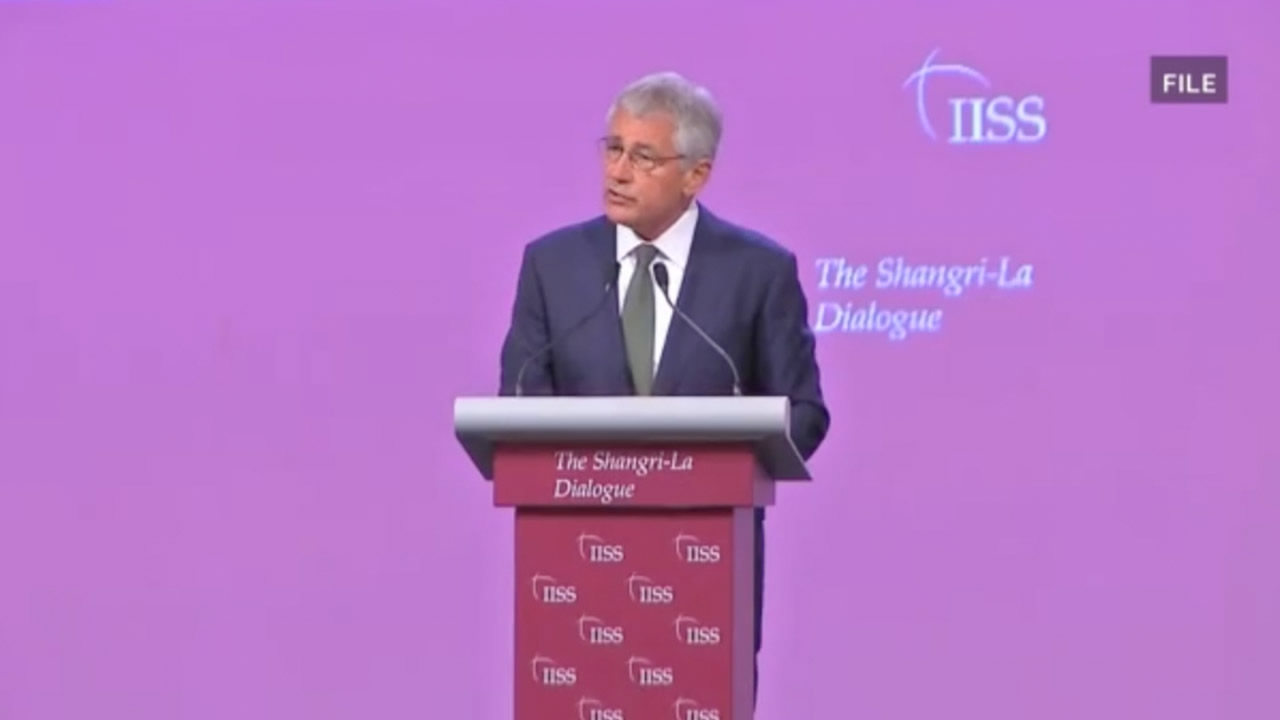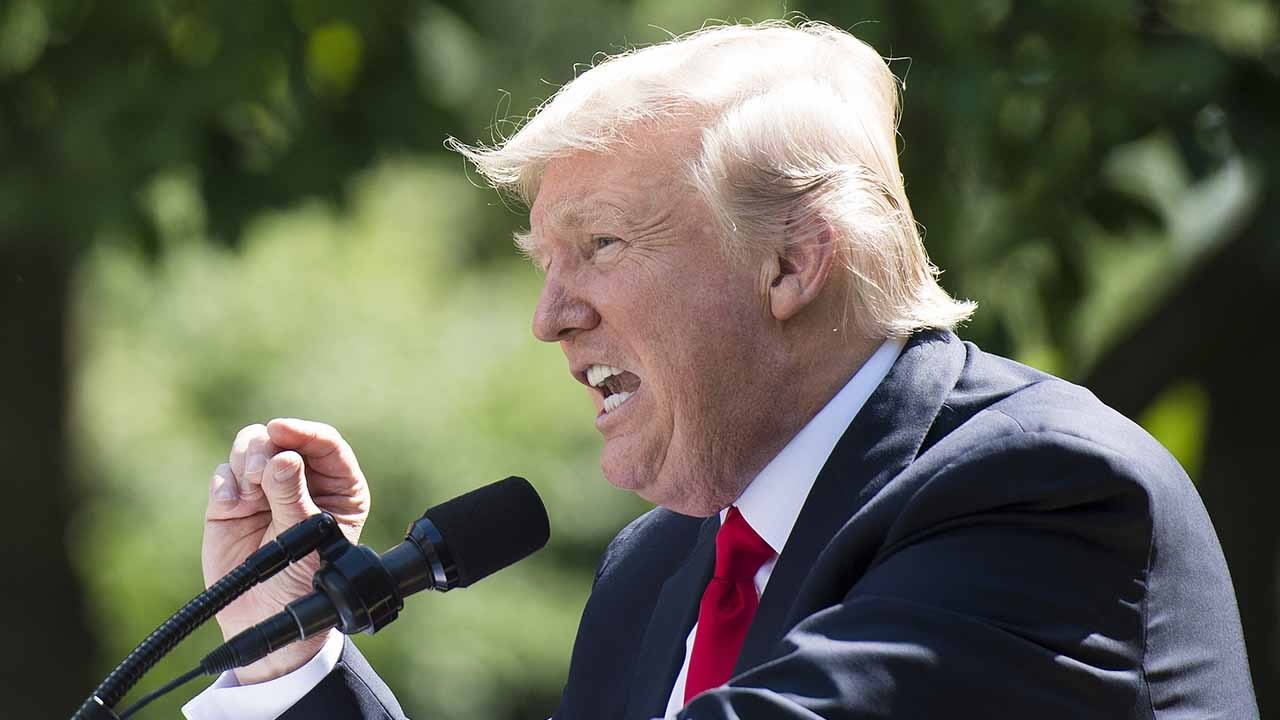The 16th annual International Institute for Strategic Studies (IISS) Shangri-La Dialogue, Asia’s most important annual defense meeting, is being held in Singapore from June 2 to 4, with ministers and delegates from more than 50 countries in attendance.
US Defense Secretary James Mattis is expected to give a keynote speech, marking his first public remarks on the Asia-Pacific region. However, some have expressed belief that it will be a difficult task to reassure allies in the region about the US leadership, after the Trump administration walked away from the Paris Climate Agreement.
Each year, the Shangri-La Dialogue in Singapore provides a platform for Washington to assure its strategic commitment in Asia, strengthen America’s regional leadership and criticize China.

In 2014, Chuck Hagel called China’s activities in the South China Sea “destabilizing and unilateral”. In 2016, Ashton Carter said China was “building up a great wall of isolation”.
The focus of this year's event will likely tilt more towards the US than China. All eyes will be on Mattis when he takes center stage on Saturday morning.
How can he reassure the US allies on the country’s leadership in the region, while the Trump administration failed to commit to NATO and announced withdrawal from the Paris deal?

President Donald Trump announced the US is withdrawing from the Paris Climate Accord in the Rose Garden of the White House in Washington, D.C. on June 1, 2017/VCG Photo
"I think there are much more uncertainty in relation to the United States since the election of President Trump. I think a lot of states in Asia-Pacific region will be looking for signs of clarification about what the Trump presidency agenda will be in the Asia Pacific region. I will be expecting him (Mattis) to offer reassurance that the United States intends to remain a major Pacific power. Whether he will be able to do so is another matter,” said Nigel Inkster from the UK International Institute for Strategic Studies.
Launched in 2002, the dialogue allows officials to discuss policy priorities and hold bilateral or multilateral meetings. Many security observers said the dialogue serves as a weather station for Asia's security, and the weather at the moment is not looking good.
This year's Shangri-La Dialogue is attended by some 23 ministerial-level delegates and 12 chiefs of defense force.
CGTN’s Miro Lu said that "if the dialogue does serve as a weather station, perhaps the more important role it plays would be giving you a sense of the forecast and how you can navigate through such weather."
No comments:
Post a Comment